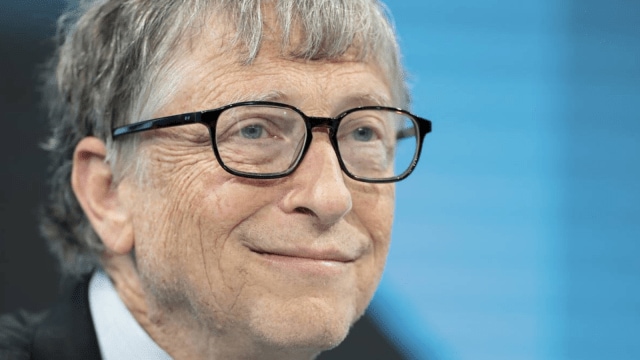
Since OpenAI introduced ChatGPT in 2022, artificial intelligence has fundamentally altered how we approach work and problem-solving. While AI-driven tools like Gemini, Copilot, and DeepSeek continue to assist professionals across various industries, concerns about automation replacing human jobs are growing. Experts are closely watching how AI’s influence will reshape the workforce.
Microsoft co-founder Bill Gates has been vocal about AI’s expanding role. Recently, he predicted that artificial intelligence will eventually take over many tasks currently performed by humans. As businesses worldwide integrate AI into their operations, Gates has shared insights on which careers are likely to remain secure in the long run.
Industry leaders like NVIDIA’s Jensen Huang, OpenAI’s Sam Altman, and Salesforce CEO Marc Benioff have warned that software developers might be among the first to feel AI’s impact. However, Gates holds a slightly different perspective—arguing that humans will still play a critical role in shaping and guiding AI-powered systems.
While AI continues to evolve, Gates believes there are certain professions where human expertise will remain indispensable. He pointed out that biologists, for instance, will still be crucial despite AI’s ability to assist with disease diagnosis and DNA analysis. The reasoning? AI lacks the creative intuition needed for groundbreaking scientific discoveries.
Similarly, energy experts are unlikely to be replaced anytime soon. According to Gates, the complexities of the energy sector make it difficult to automate entirely. From renewable energy advancements to infrastructure planning, human oversight remains essential.
With generative AI becoming more sophisticated each day, many industry leaders acknowledge its growing influence on the job market. While AI might outperform humans in specific tasks, the technology is far from rendering human intelligence obsolete. Instead, it is poised to reshape industries—enhancing productivity while still relying on human creativity and strategic thinking.
